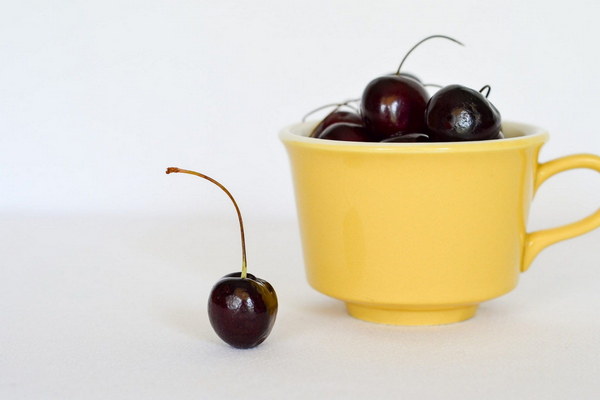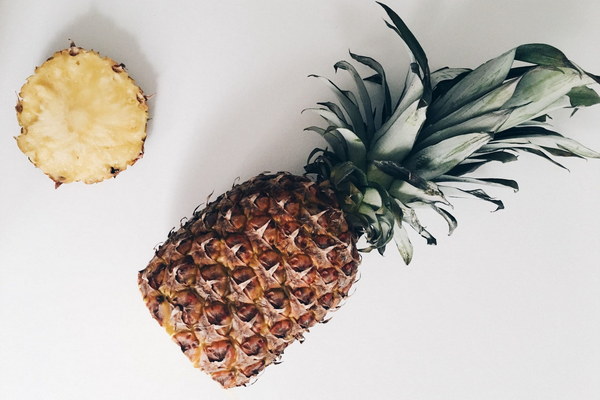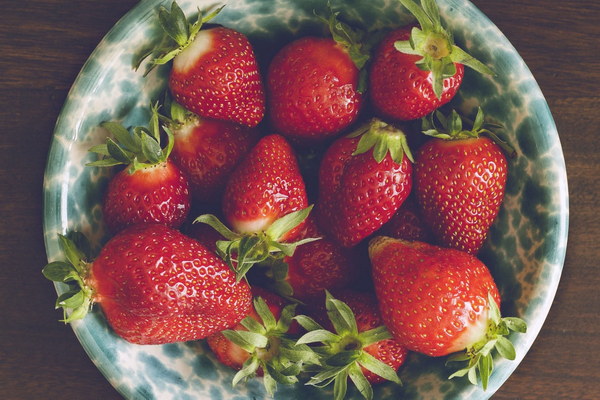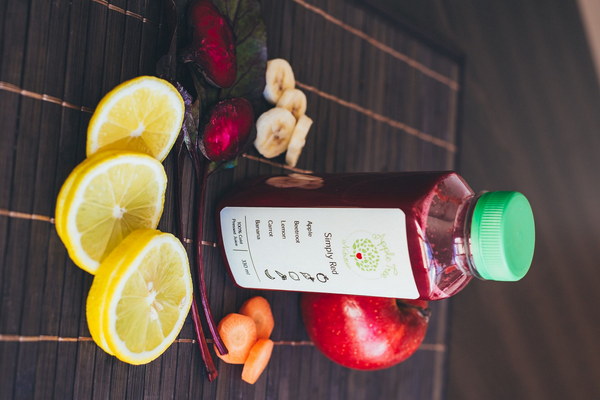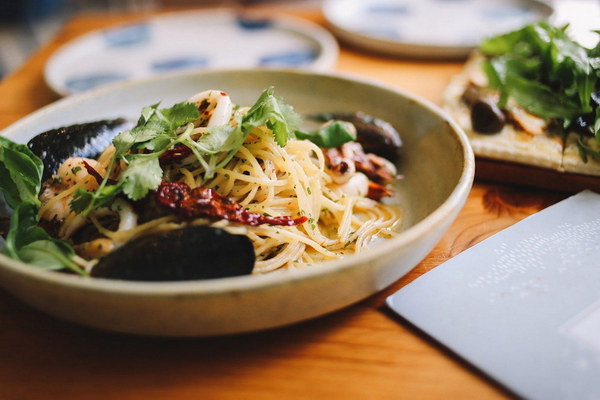Rejuvenation Post-Period A Guide to Nourishing Your Body After Menstruation
Rejuvenation Post-Period: A Guide to Nourishing Your Body After Menstruation
After the menstrual cycle concludes, the body often seeks replenishment and rejuvenation. This period, known as the post-menstrual phase, is an excellent time to nourish your body with the right foods and lifestyle choices. Here's a comprehensive guide on how to effectively replenish and rejuvenate after your period.
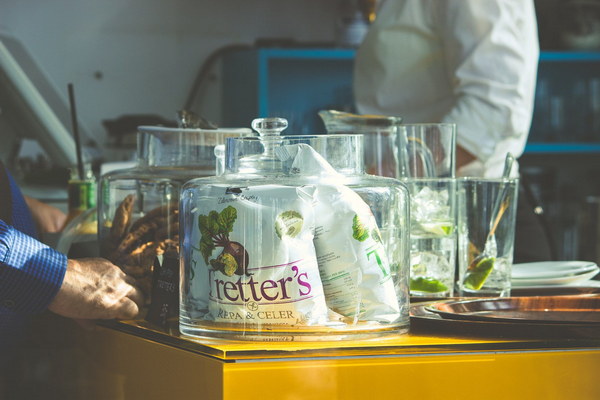
1. Hydrate and Rehydrate
The first step in post-period rejuvenation is to ensure your body is well-hydrated. Menstruation can lead to fluid loss, so it's crucial to drink plenty of water. Aim for at least 8-10 glasses a day to support kidney function, skin health, and overall hydration.
2. Consume Iron-Rich Foods
Menstruation can cause a significant loss of iron, which is essential for oxygen transport and energy production. Incorporate iron-rich foods such as lean red meat, poultry, fish, lentils, beans, and fortified cereals into your diet. To enhance iron absorption, pair these foods with vitamin C-rich fruits and vegetables, such as oranges, strawberries, bell peppers, and broccoli.
3. Prioritize Protein Intake
Protein is vital for muscle repair and the production of red blood cells. Include high-quality protein sources like eggs, dairy products, tofu, tempeh, and lean meats in your meals. Aim for about 0.8 grams of protein per kilogram of body weight per day.
4. Boost Omega-3 Fatty Acids
Omega-3 fatty acids are beneficial for reducing inflammation and supporting overall health. Include fatty fish like salmon, sardines, and mackerel in your diet, or opt for plant-based sources such as flaxseeds, chia seeds, and walnuts.
5. Eat Foods Rich in Calcium and Vitamin D
Calcium is essential for bone health, and vitamin D helps the body absorb calcium. Incorporate dairy products, leafy greens, and fortified plant-based milk alternatives into your diet. Additionally, spend time outdoors to get natural vitamin D from sunlight exposure.
6. Load Up on Folic Acid
Folic acid is vital for red blood cell production and DNA synthesis. Include leafy greens, beans, lentils, citrus fruits, and fortified cereals in your diet to ensure an adequate intake of folic acid.
7. Balance Your Blood Sugar Levels
Fluctuations in blood sugar levels can exacerbate mood swings and fatigue during the post-menstrual phase. Opt for complex carbohydrates such as whole grains, legumes, and starchy vegetables to maintain steady blood sugar levels.
8. Include Probiotics in Your Diet
Probiotics can help restore the balance of gut bacteria and support overall gut health. Incorporate probiotic-rich foods like yogurt, kefir, sauerkraut, and kimchi into your diet.
9. Manage Stress
Stress can affect your hormonal balance and overall well-being. Practice stress-reducing techniques such as yoga, meditation, deep breathing exercises, and adequate sleep to help your body recover more effectively.
10. Get Regular Exercise
Exercise can boost your mood, improve energy levels, and aid in weight management. Aim for at least 30 minutes of moderate-intensity exercise most days of the week. However, avoid strenuous workouts immediately after your period to give your body time to recover.
Conclusion
Rejuvenating your body after menstruation is essential for overall health and well-being. By focusing on hydration, nutrient-dense foods, stress management, and regular exercise, you can help your body recover and thrive. Remember that each woman's body is unique, so it's important to listen to your own needs and adjust your approach accordingly.
